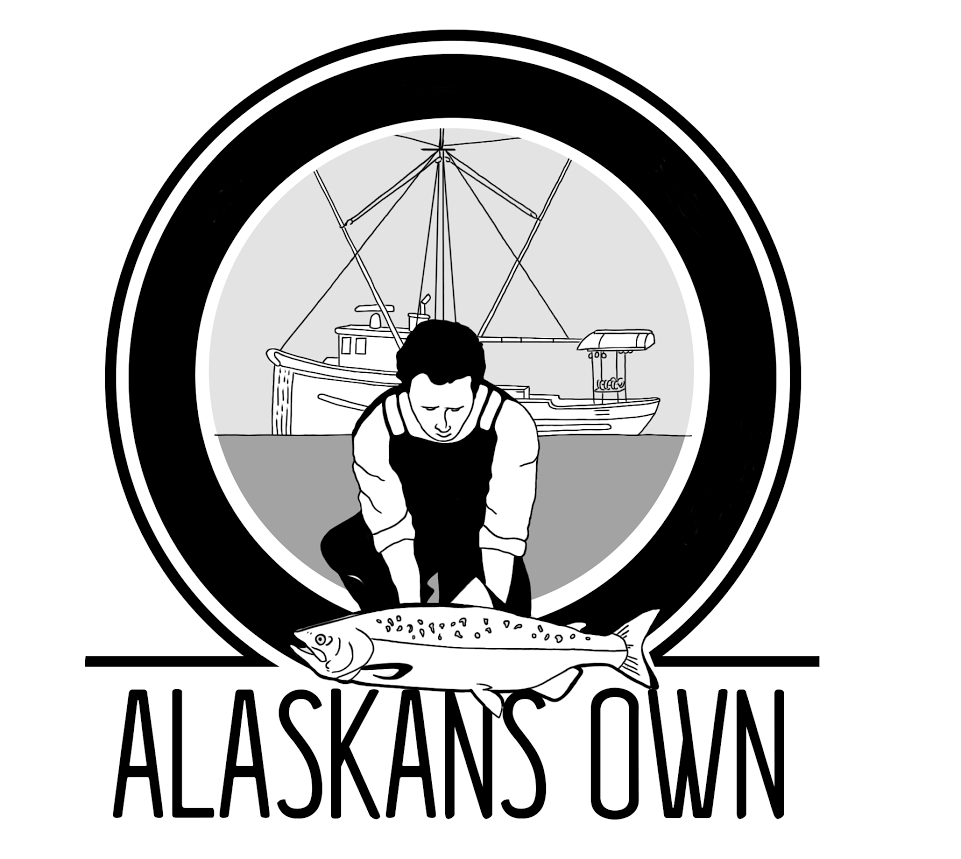According to Ecotrust, an environmental organization based in Portland, “twenty-three percent of seafood at supermarkets never makes it the dinner plate and goes to waste”. Grocery stores must throw away "fresh" fish after a certain number of days if it has not been sold - rightly so, because fresh fish loses quality quickly! However, frozen product can be stored for many months without any reduction in quality or freshness. Frozen product is also far less vulnerable to spoiling at the whim of shipping delays- where fresh product that is delayed by weather or other shipping problems often is thrown away or wasted.
The longer that a fish is out of water, the more that its meat degrades. When seafood is properly handled and frozen at a very low temperature, it is essentially "locked" in time- meaning that the freshness and quality are preserved.
To help fishermen.
The seafood market is volatile- with prices, variables, and demand constantly shifting. Being able to store and market frozen product over a range of time means that fishermen can choose to fish in good weather, can diversify into new species of fish, and can sell product outside of fishing season (when prices or demand might be higher).
To help consumers.
By offering frozen seafood, we can be confident that our fish is of high and consistent quality. We can also offer the fish at lower prices, ship the fish in bulk or via less carbon-intensive methods, and provide fish outside of the fishing season. Consumers can stock up on high quality, frozen fish for the entire winter if they'd
like, and don't have to feel rushed to cook a product that will degrade or spoil quickly. Plus, according to a recent study (read on for more information), they get better fish!



